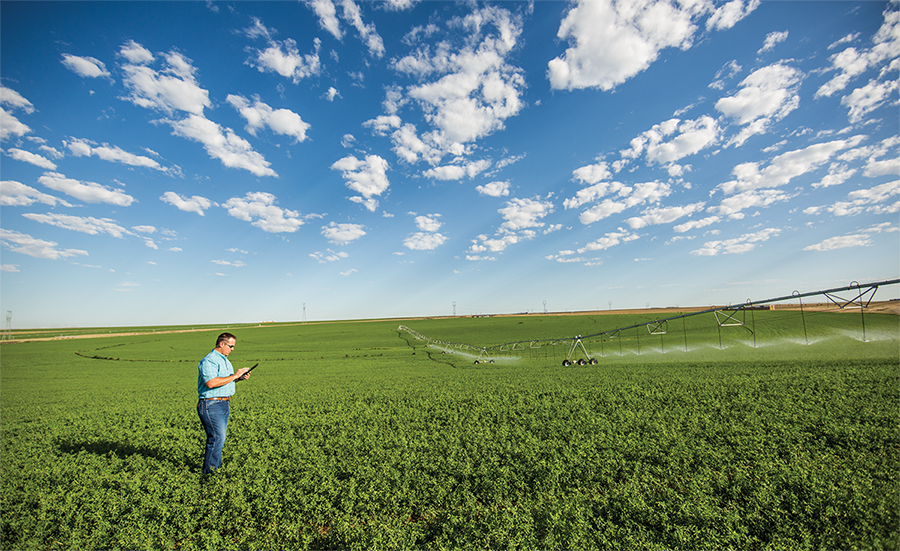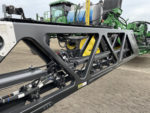Advertise Follow Us
Covering No-Till

No-Till, Strip-Till Out Yield Other Tillage Systems in 2023 National Corn Contest
In an in-depth analysis of the 2023 National Corn Growers Association contest data, growers using these two tillage systems came out on top for both yield & nitrogen efficiency
Read More



.png?height=125&t=1731942302&width=150)








